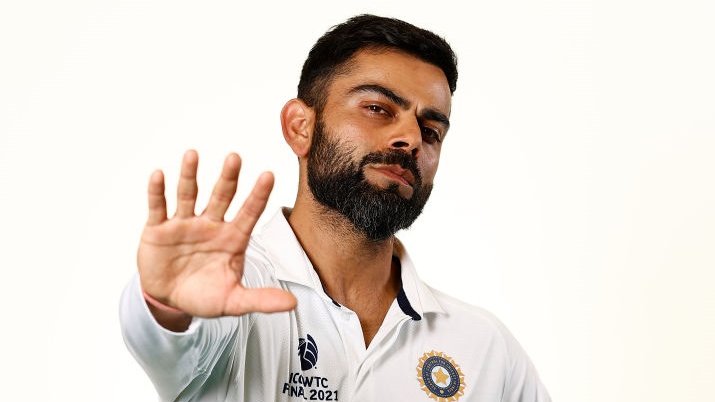‘Appoint Kohli as spokesperson’ - Ian Chappell’s advice to current players for Test cricket’s revival
Former Australia captain Ian Chappell believes that the modern-day players should hold a summit with Virat Kohli in charge to save the future of Test cricket. 'It's the players who keep Test cricket alive,' Kohli had remarked on the future of the game's longest version in a recent interview.

With the increasing popularity of T20 cricket and the latest advent of The Hundred, several concerns have been raised over the future of Test cricket in recent times. Former cricketers have, time and again, criticised the depleting standards, citing the flaws at the grassroot levels.
Ian Chappell, one of game’s greatest captains and a renowned expert, stressed on the importance of a proper development structure at junior levels, to ensure their smooth progress in red-ball cricket.
“The skills required to excel at Test level need to be acquired at a young age and then honed in tough competition as the player rises through the grades. This can only be achieved if enough countries have a functional development system,” Chappell wrote in his column for ESPNCricinfo.
“If this is the case then Test cricket can remain vibrant, otherwise it will wither on the vine.”
Virat Kohli, one of game’s leading figures currently, has time and again regarded Test cricket as the game’s purest format. Chappell views the Indian skipper as a great ambassador, and stated that the 32-year-old could be an ideal player’s representative for the longest version’s revival.
“If those skills are properly honed, a player can adapt to any length of game – Kohli being a good example,” Chappell wrote. “If players truly believe Test cricket is the pinnacle then they need to agitate for a summit on the game’s future; they could do no better than appoint Kohli their spokesperson.”
Chappell, who led Australia in 30 of his 75 Tests, explained how the current “productive” system has resulted in lesser focus on players’ primary skills.
“For decades, the best way for a player to progress from a schoolboy cricketer to an international one was along a straightforward path: play as many matches as possible at a young age, and when success is achieved at one level, it is time for promotion to a higher grade,” he remarked.
“The player either hit a ceiling that was their limit or they reached the pinnacle with the skills acquired to provide them with a decent chance of achieving success.
“This productive system has been severely diluted in the prime pursuit of revenue, with little thought given to the effect on players’ skills.”
Chappell acknowledged that the shorter version has improved power-hitting and innovation in terms of batting, but added that to say “the players have improved” is a misleading conclusion, citing the lack of proper Test match batsmanship and depleting slip-catching standards.
“It’s often said that players have improved. The comment needs clarification,” explained the 77-year-old. “If the reference is to batters being more powerful hitters, then it’s true. Are they better equipped to navigate tough spells of bowling for a long period? In most cases the answer is an emphatic no.
“It’s the same when people profess that fielding has improved. There’s no doubt the number of athletic catches in the outfield has increased, and they are often spectacular in their execution.
“Has slip catching improved? Most definitely not. The bulk of the regularly spilled chances occur because of one simple flaw in footwork, and yet it remains uncorrected.”

Comments
Sign up or log in to your account to leave comments and reactions
0 Comments